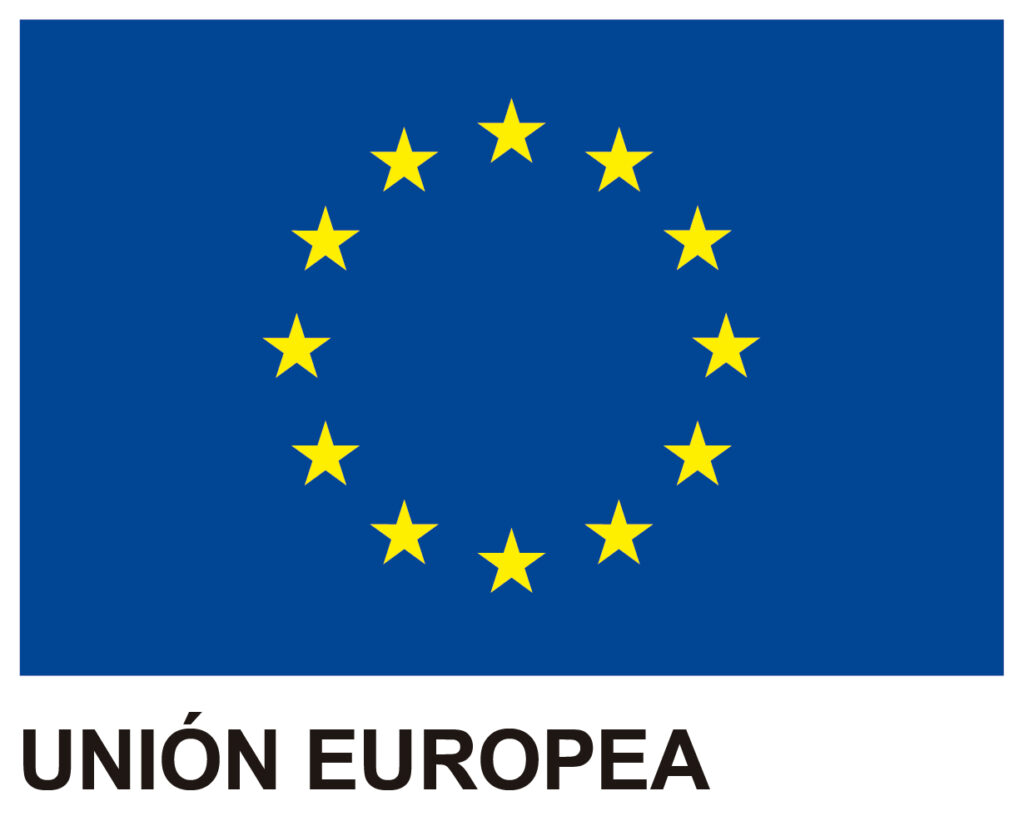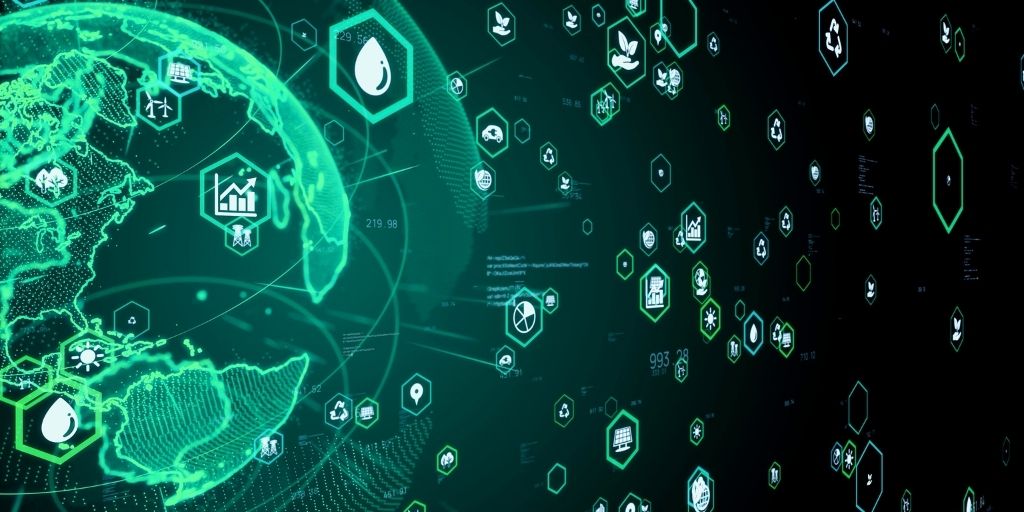Following the publication, in the Official Journal of the European Union of 26 November 2019, of the new Directive (EU) 2019/1937 of the European Parliament and of the Council of 23 October 2019 on the protection of persons reporting on breaches of Union law (“whistleblowing”).
On September 13, 2022, the Council of Ministers of Spain approved the Draft Law regulating the protection of persons who report on regulatory and anti-corruption infringements with the aim of being able to contribute to the fight against corruption by transposing Directive (EU) 2019/1937 of the European Parliament and of the Council of 23 October 2019 on the protection of persons reporting on breaches of European Union (EU) law (hereinafter Directive Whistleblowing).
In the legal framework with which the directive corresponds, compliance or regulatory compliance, the promulgation of this is aimed at the effectiveness and transparency that involves the implementation of an ethical channel in organizations that ensures the anonymity and lack of reprisals of possible whistleblowers, both in the private and public sectors.
What is a Reporting Channel or a Whistleblower Channel?
Regarding the definition in itself of an “Ethical or reporting channel” we would be referring to an internal or external communication channel of the organizations through which to transfer any irregular or criminal behavior detected both in the organization itself and by third parties that have a relationship with it.
In other words, a Whistleblower Channel is a tool that allows you to communicate, in a confidential manner and with a simple form, the potentially irregular activities and behavior that could lead to a breach of the Code of Conduct and / or the possible commission of a criminal offence.
In general, this reporting tool is channeled through the figure of the Compliance Officer or the Compliance Committee if it exists in the organization. In such a way, that it is only the latter who knows the identity of the reporting person and the conduct or event reported. Therefore, it is easier to manage the report in question through private meetings in the investigation phase, to subsequently move to the instruction phase.
Webinar Complaints Channel
Discover all the keys to deployment and compliance
What companies need a whistleblower channel?
The text of this standard establishes that legal entities in the private sector with 50 or more workers and those operating in public health or environmental sector, should be subject to the obligation to establish internal reporting channels and a procedure to follow-up the reports for their correct management.
COMPANIES currently obligated:
- Companies that want to implement a crime, criminal risk and anti-bribery prevention system.
- Subjects required for money laundering detection.
- Public and private entities subject to data protection regulations.
- Companies obliged to have Equality Plans and anti-harassment protocols.
WITH the approval of the law they will be obliged
- Administrations and entities of the public sector.
- Companies of 50 or more workers.
- Companies with an annual turnover of 10 million euros or more.
- Companies of any size operating in the financial sector.
- Political parties, trade unions, employers and foundations.
What implementing a Whistleblower channel provides?
1. Adaptation to the current regulations
- Organic law 10/2010 – Prevetion of Money laudering
- Organic law 1/2015 – Penal Code
- Organic law 3/2018 – Data protection
2. It is key to the prevention and detection of irregular actions, avoiding possible criminal liability and possible reputational damage
3. Conformity of other regulations with the Whistleblower Channel
- Reporting channel appropriate to GDPR
- Criminal Compliance
- • ISO 27001 – Information Security
- Prevention of Money laudering
- ISO 37001 – Anti-bribery
4. It is an indicator of transparency for the company in terms of protecting the company’s reputation
Who should the Whistleblower Channel be available to?
Furthermore, in Directive (EU) 2019/1937, it is determined that the reporting channel must be available not only to the organization’s employees, but also to other participants in the organization, such as partners, administrators or self-employed workers hired by it.
Referring to possible forms of compensation for the reporting persons in the event of retaliation after the report, are clearly identified readmission to the workplace in the event of dismissal, the maintenance of the labor conditions of origin prior to the report, compensation for loss of salary and income, and compensation for damages, including moral damages.
Another possible modality is the absolute anonymity of the identity of the report person, being the denounced fact only known to the Compliance Officer or Compliance Committee. In this way, it is more complicated to investigate irregular behavior since you can not expand the information of the same by going to a particular person unless you have a software that allows you to collect information.
In conclusion, it should be noted that at GlobalSUITE Solutions we provide necessary help and advice for the implementation of a Whistleblowing Channel, as well as the management of the same through a Whistleblowing Channel Software intuitive that optimizes the management of this channel and results in an effective achievement of the requirements derived from Directive (EU) 2019/1937.






